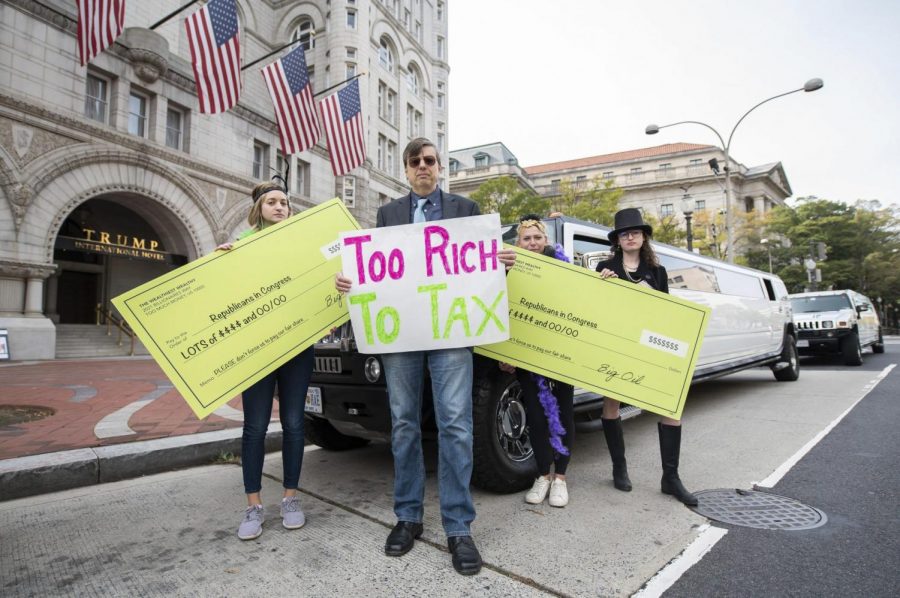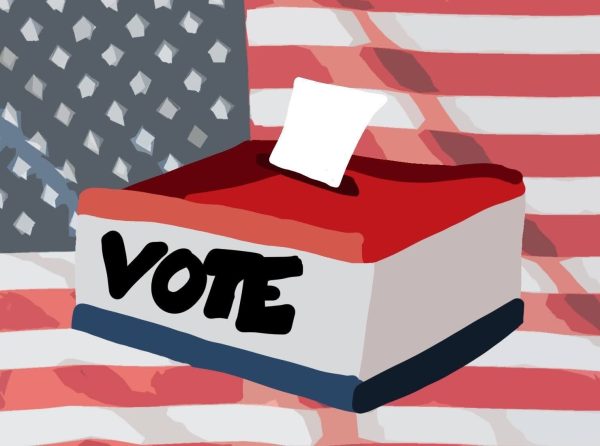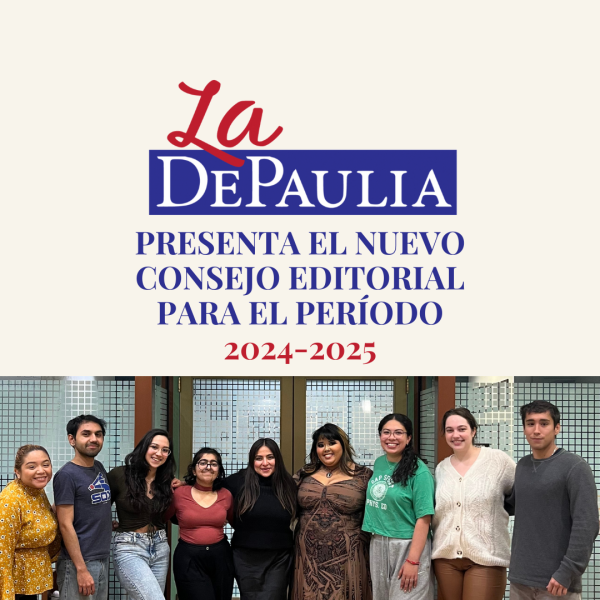OPINION: Taxing the rich isn’t about economics, it’s about culture
Elon Musk is not a fan of Senate Democrats’ proposed billionaire tax. And why would he be? The now-richest man in the world grew his net worth by about six times between 2020 and 2021, and has gotten used to paying nothing in taxes by living off of loans from his stock options.
It’s not uncommon for America’s ultra-wealthy to avoid meaningful taxation; Donald Trump paid just $750 in federal income taxes the year he was elected president. Amazon founder Jeff Bezos has paid $0 on multiple occasions. Time and time again, these people try to justify it. Billionaires and powerful institutions exploit America’s culture of individualism to convince us that taxing them more would be detrimental to society.
“Eventually, they run out of other people’s money and then they come for you,” wrote Musk via Twitter in response to the Senate’s proposed wealth taxes, implying that taxing him will lead to increased taxes on ordinary Americans.
What is shocking is how many people are convinced by this argument — just look at Musk’s Twitter mentions. His supporters aren’t just unbothered by the billionaire’s lack of taxation; they applaud it. His meme-friendly everyman online persona persuades wannabe tech icons and cryptocurrency gurus that they, too, can be the next Elon. And if the U.S. government is taxing Musk, they’ll be after them when they make it big.
This attitude goes much deeper than just Elon Musk, though. Income inequality is far worse in the United States than in other comparable countries. It’s been like this for a while, but has worsened significantly in the last decade.
“America has suffered from escalating income and wealth inequality for decades and the gap between the haves and have nots has not been higher since the Gilded Age,” wrote Matthew Cason in an email to The DePaulia. Cason is the treasurer of the Chicago chapter of the Democratic Socialists of America.
Despite this, there is something embedded deep in our country’s spirit that makes us react vehemently to wealth redistribution, despite its presumed benefit for most Americans.
“We’ve done a wonderful job of teaching everyone ‘government bad, government inefficient, government sucks,’” said DePaul economics professor Robert Kallen. “This includes the uber-wealthy or the billionaires … They feel they know how better to distribute their wealth than the government does.”
Declining trust in U.S. institutions makes it even easier for the wealthy to convince ordinary Americans of this. A recent Gallup poll revealed that Congress’ approval rating was an abysmal 27 percent. That certainly doesn’t help justify higher taxation, of the wealthy or of anybody.
But perhaps an even more powerful force is the continued faith in the so-called American dream: the belief that if you simply work hard and make good choices, you can comfortably move up the socioeconomic ladder. This belief has been a staple in American culture since the 1930’s, despite its notion becoming progressively more unrealistic.
“There’s a wonderful thing I call the illusion of the American dream,” said Kallen. “You read about these internet folks, people who created these apps and [become successful], but they are the outliers. We all sort of drink the Kool-Aid, so to speak.”
This idealistic trust in the American dream is making it difficult to talk about tax reform in a meaningful way. Despite being such an integral part of our culture, the United States actually has lower social mobility than most other advanced countries. In the U.S., the rich stay rich and the poor stay poor. Waiving taxes on the wealthy isn’t going to help fix that.
It doesn’t look like the issues of low social mobility and income inequality are going to be fixed any time soon. Taxation remains a divisive political issue in the United States, despite the desperate need for major wealth redistribution. Additionally, the Biden Administration is hardly the beacon of progressivism for which many Americans were hoping. Those eager for meaningful change under this government shouldn’t hold their breath, according to DePaul political science graduate Luke Kirkpatrick.
“I think that the hopes of immense structural change that were put forth shortly after Biden’s inauguration have dissipated,” Kirkpatrick told The DePaulia. “The reality is that the Biden Administration has to hammer out actions in Congress with a slim House majority and a 50-50 split Senate … Anyone hoping for an overhaul of the United States’ healthcare system, for example, will be disappointed.”
In fact, Democrats seem to be going the other direction, currently pushing for an increase to the cap of the “SALT” deduction: a tax cut that only benefits high-income households. Not only is this another unnecessary handout to the upper class, it’s also the most expensive aspect of Biden’s Build Back Better Act, costing nearly $300 billion. Think of the multitude of other ways those funds could be allocated.
Taxing the rich isn’t an economic issue in the United States; it’s a cultural one. The economic benefits are well-documented. But America’s culture of individualism and institutional distrust makes taxing the wealthy much more controversial than it needs to be.












